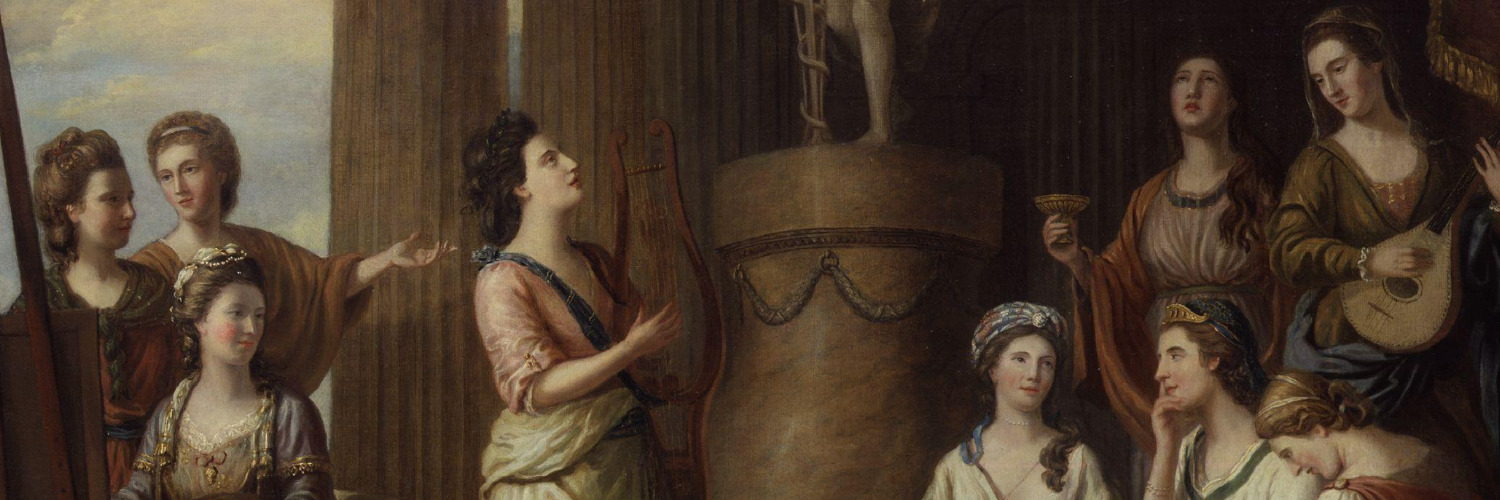- Physical form: One sheet folded into 2 leaves (18.6 x 22.8 cm)
- Cover: Miss Rickards / At Mrs H Hunts / Crescent / [Bi]rmingham
- PM: JU 19 98
- WM: S FRENCH / 1[7]95
- SM: Misc MS 4338
I should have answered the letter I received from Mrs Rickards immediately, but I rather supposed I should have one from you, & I did not wish to have our letters cross again. As I am in debt to both of you, I considered which obligation I should discharge first, & daresay I am not wrong in supposing that the mother in this instance will gladly give way to the daughter. Let me begin with telling Mrs Rickards however, that I am much obliged to her for her kindness in accommodating us, & that we shall certainly be at home by the time she mentions. If any alteration should happen in your plan either for an earlier or a later day; you will let me know—I think you are a very good landscape-painter, & I hope you will sometime draw them with a pencil as well as a pen, only your cascades must not gently distil, but rush foaming down the
steep
[fol 1v] steep, the greater passion they put themselves into, the better. I think too you might be satisfied with one navigable river instead of some I am sure we should think ourselves very magnificent with one here. There is one thing I beg you will take care of in your landscapes, & that is to keep them in constant verdure. Ours are so burnt up at this moment that the russet grass, the brown meadow, the tawny slope are epithets much more characteristic of the objects which meet our eyes at present, than if green were applied to every one of them. The Summer has appeared this year in all the strength & glow of warmer climates, the true child of the sun as Thomson calls him. ‘In pride of youth & felt thro nature’s depth
’ I cannot help wishing some of these chalky hills were covered with vines; I have no doubt but they would ripen. It appears that there were formerly vineyards in Britain, probably introduced by the Romans, & many places still bear the name of the vineyard, I believe however I need not regret it for the sake of the
[fol 2r] inhabitants, as the peasants in a vine Country are generally poor: corn is on the whole a richer produce.— I do not wonder you are charmed with Paul & Virginie,
which I suppose by this time you have finished. It is very rich in the description of tropical productions, & also of those awful Phænomena of nature which are met with in such climates. No painting can exceed the author’s description of the fatal hurricane [tear] But above all he has ha[d] skill to excite by [tear] [s]imple story, [tear] sensations of love & pity, & if you have the sensibility which I believe you to have, you will not have finished the Volume without being almost heart-broken. Should I have the pleasure of hearing from you again, tell me which kind of novels & Plays please you best, those which end fortunately or unfortunately, & which require the greatest skill in the Author to conduct. With affte Compts to Mrs R, I am my dear Lydia Your sincere & affte

